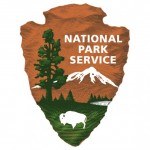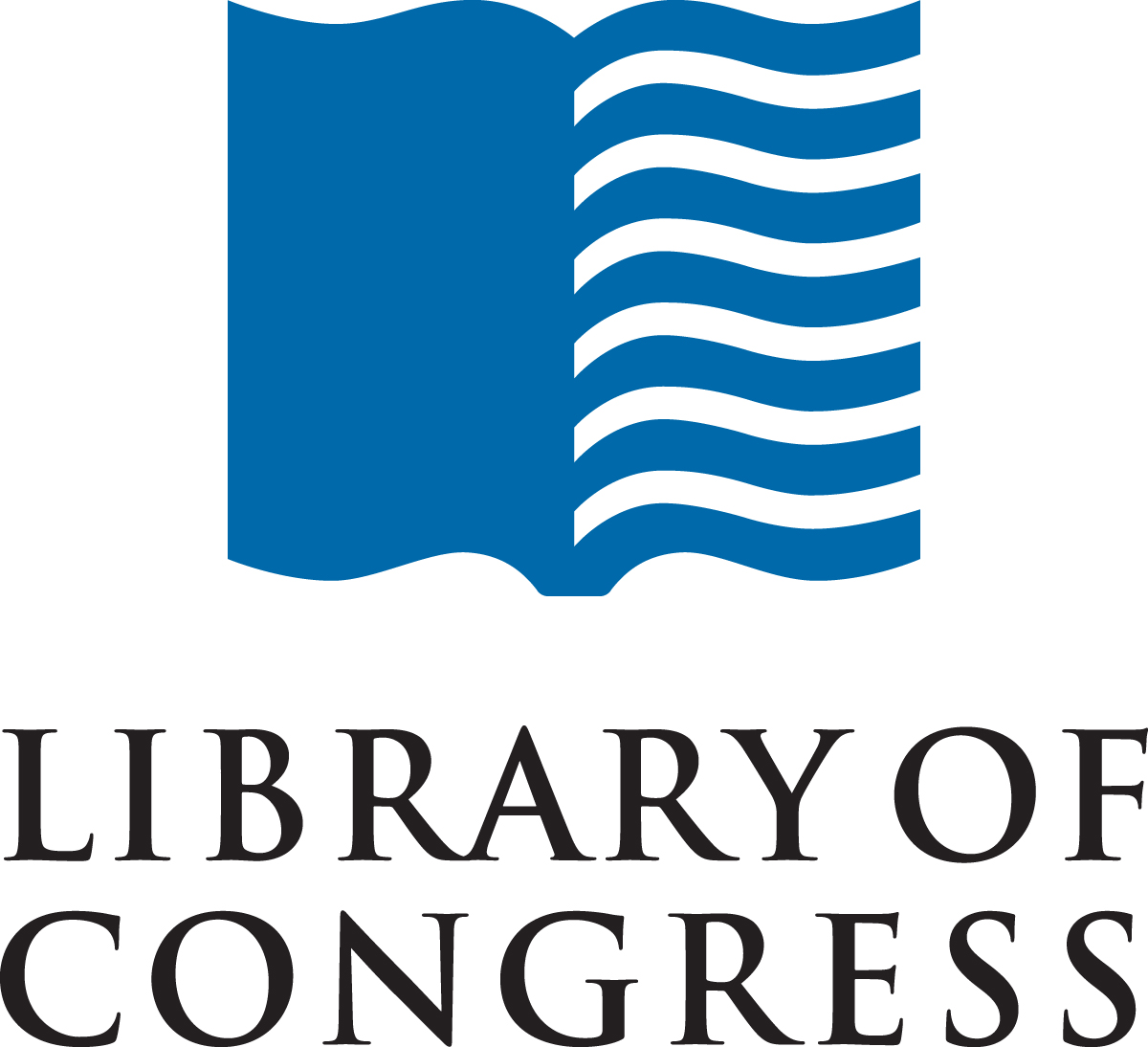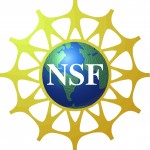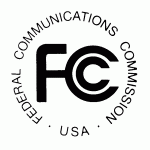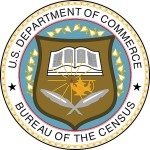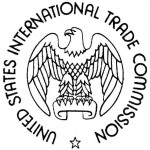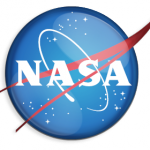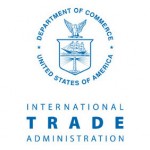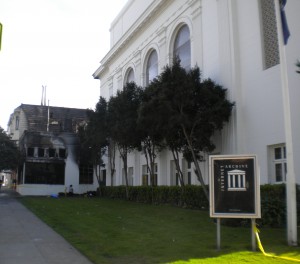
Scanning Center with Fire Damage to Left of Main Building
As fires go, we were lucky. We are still assessing what happened but this is where we stand:
* No one was hurt.
* Lost a 130 sq meter side-building (1300 sq feet) that held scanning equipment. We operate 30 scanning centers, and this was one of them. Our offices were not affected.
* We lost maybe 20 boxes of books and film, some irreplaceable, most already digitized, and some replaceable. From our point of view this is the worst part. We lost an array cameras, lights, and scanning equipment worth hundreds of thousands of dollars. Insurance will cover some but not all of this.
* We do not know the cause, but there is no evidence of foul play.
* An outpouring of support has lead to over 1500 donations totaling over $60,000 in the first 2 days. We also have received new offers to digitize more materials that will help keep our staff working. This is so helpful. Thank you for your confidence and support in our mission.
* No servers were affected. If some had been damaged, we have backups in different locations. An electrical conduit was damaged, but all digital services were functional within 6 hours, fully operational in 10 hours.
* All employees of the scanning center were back scanning again, using repurposed equipment, within 48 hours. Our administrative and computer operations staff have worked hard to get life back to some sort of normal for everyone. We are rattled, but back being productive. The side of our neighbor’s building was damaged so the tenants will be disrupted until that is repaired.
* Despite the fire, we were able to hold a pre-planned event celebrating the birthday of Aaron Swartz 3 days after the fire.
All in all we were lucky, and we are very thankful for the support from everyone. While rattling to have a fire, and expensive, we have had little significant operational disruption. We are looking for lessons to learn and will apply them.
Lets keep making copies– a key towards preservation and access.
Thank you, all.

- Scanning Center, beside the Main Archive Building, was Damaged
- ——————–
- Original Post:
This morning at about 3:30 a.m. a fire started at the Internet Archive’s San Francisco scanning center. The good news is that no one was hurt and no data was lost. Our main building was not affected except for damage to one electrical run. This power issue caused us to lose power to some servers for a while.
Some physical materials were in the scanning center because they were being digitized, but most were in a separate locked room or in our physical archive and were not lost. Of those materials we did unfortunately lose, about half had already been digitized. We are working with our library partners now to assess.
The San Francisco Fire Department was fast and great. Our city supervisor and a representative of the mayor’s office have come by to check up on us. There has been a pulling together on the Internet as news has spread.
This episode has reminded us that digitizing and making copies are good strategies for both access and preservation. We have copies of the data in the Internet Archive in multiple locations, so even if our main building had been involved in the fire we still would not have lost the amazing content we have all worked so hard to collect.
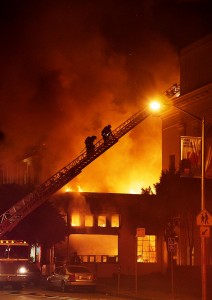
Fire in the Scanning Center
An early estimate shows we may have lost about $600,000 worth of high end digitization equipment, and we will need to repair or rebuild the scanning building. It is in difficult times like these that we turn to our community.
What help could we use?
- Funding. Your donations will help us rebuild the scanning capabilities in books, microfilm, and movies.
- Scanning. The employees affected by the fire will need continued digitization work at our alternate location while we recover.
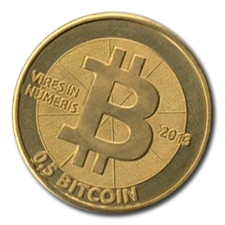
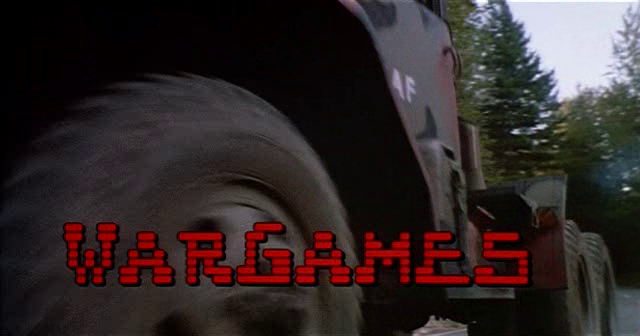

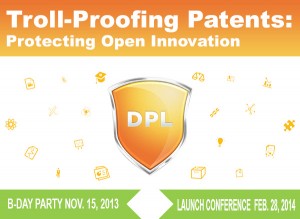



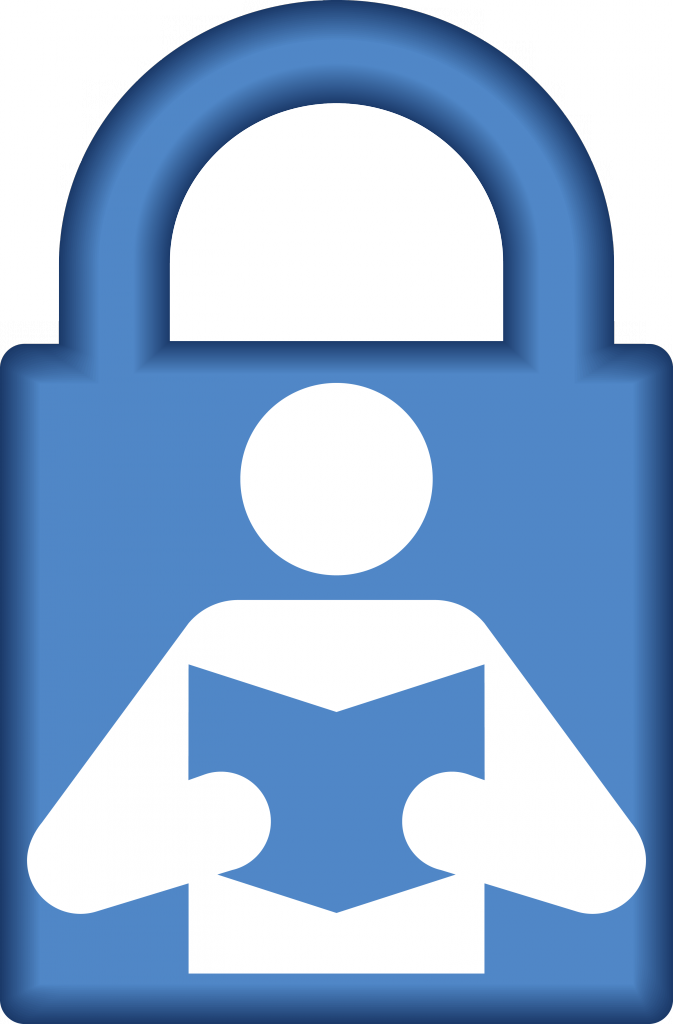
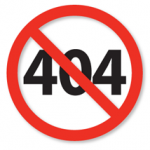
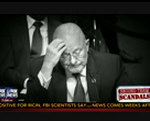
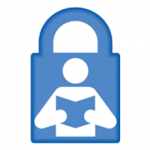 Quotable Television News. A new interface for the
Quotable Television News. A new interface for the 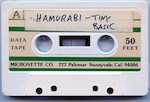 Bringing Old Software Back to Life. First steps to bring the software for Apple II’s, Commodore 64’s etc back from cassette and to the web.
Bringing Old Software Back to Life. First steps to bring the software for Apple II’s, Commodore 64’s etc back from cassette and to the web.
